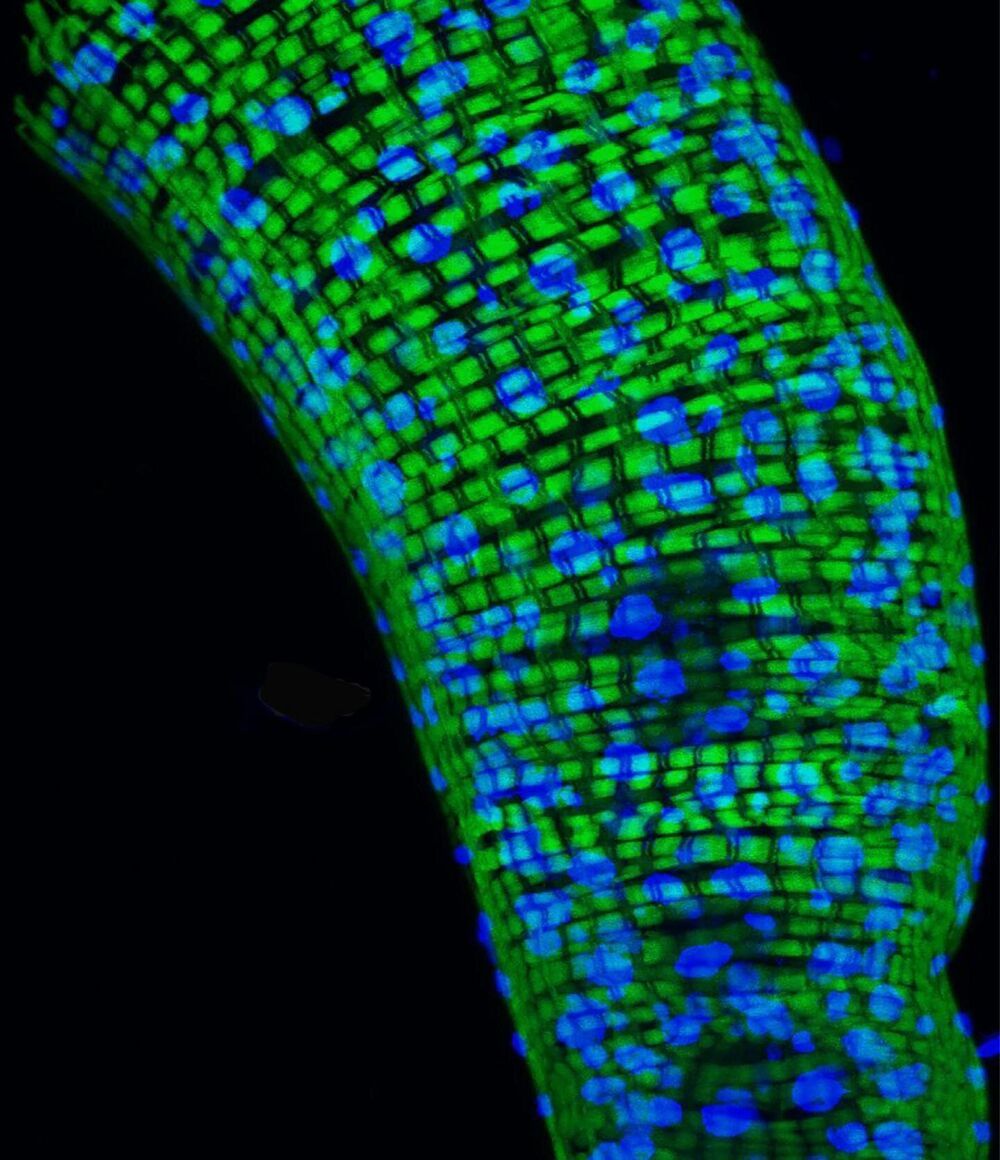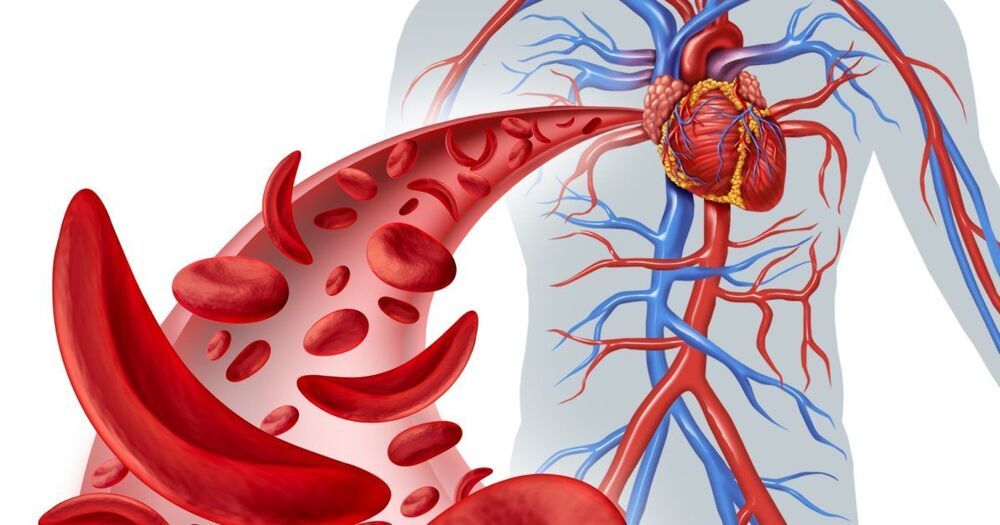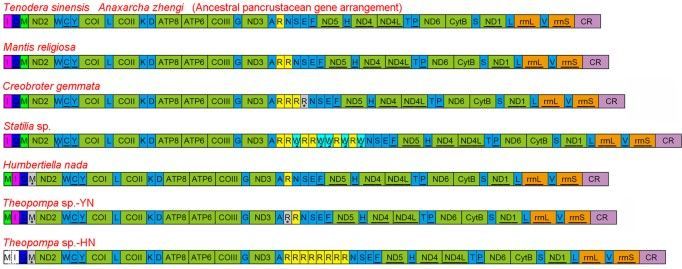To better understand the role of bacteria in health and disease, National Institutes of Health researchers fed fruit flies antibiotics and monitored the lifetime activity of hundreds of genes that scientists have traditionally thought control aging. To their surprise, the antibiotics not only extended the lives of the flies but also dramatically changed the activity of many of these genes. Their results suggested that only about 30% of the genes traditionally associated with aging set an animal’s internal clock while the rest reflect the body’s response to bacteria.
“For decades scientists have been developing a hit list of common aging genes. These genes are thought to control the aging process throughout the animal kingdom, from worms to mice to humans,” said Edward Giniger, Ph.D., senior investigator, at the NIH’s National Institute of Neurological Disorders and Stroke (NINDS) and the senior author of the study published in iScience. “We were shocked to find that only about 30% of these genes may be directly involved in the aging process. We hope that these results will help medical researchers better understand the forces that underlie several age-related disorders.”
The results happened by accident. Dr. Giniger’s team studies the genetics of aging in a type of fruit fly called Drosophila. Previously, the team showed how a hyperactive immune system may play a critical role in the neural damage that underlies several aging brain disorders. However, that study did not examine the role that bacteria may have in this process.








